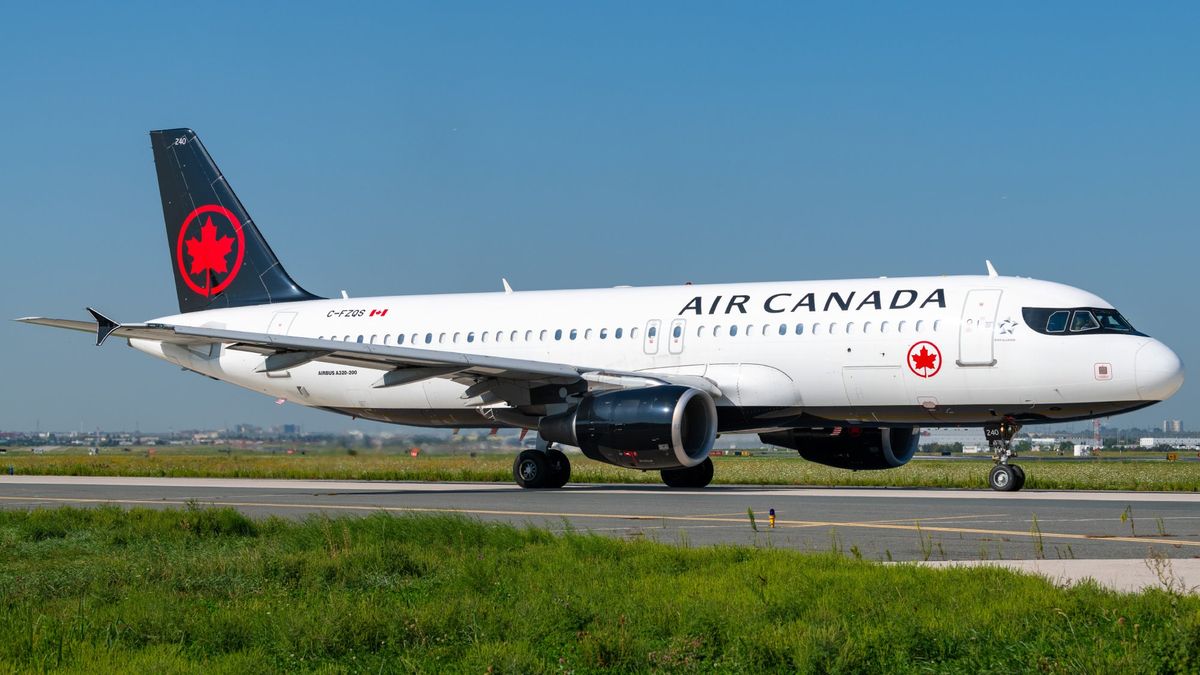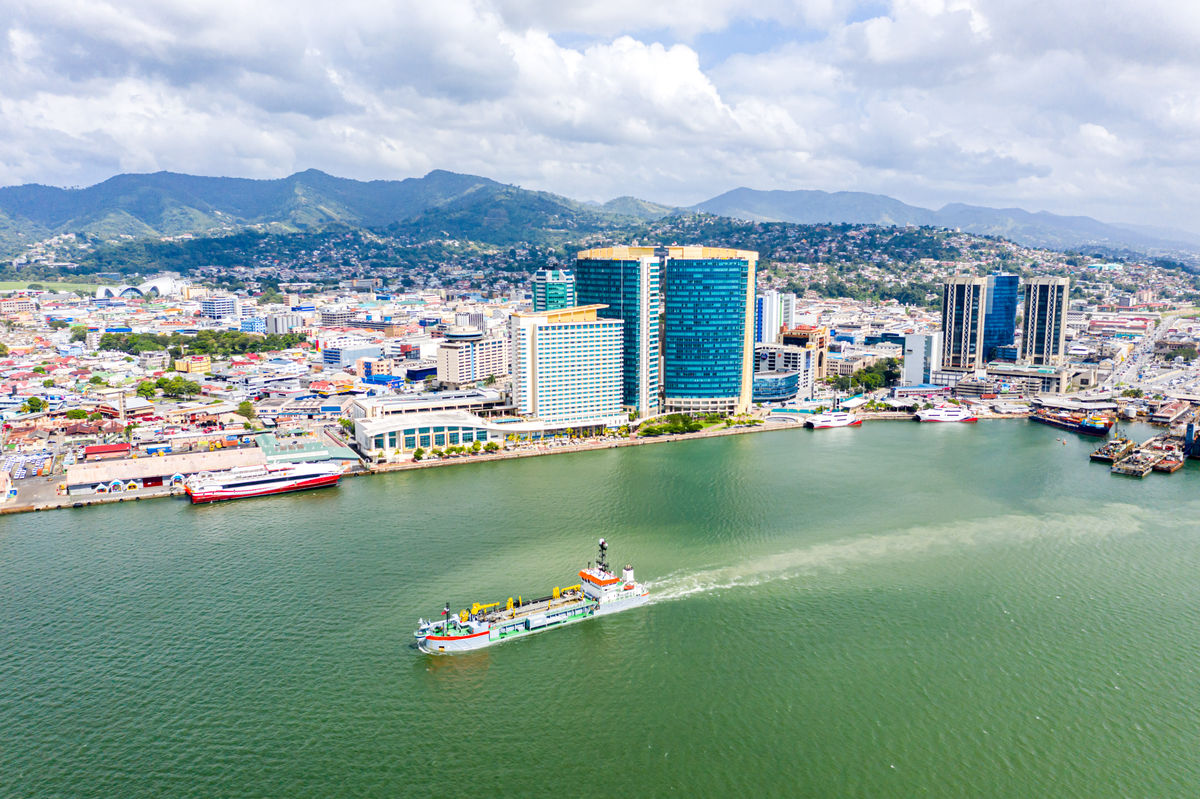Air Canada, still at an impasse with its pilots union, could begin winding down operations ahead of a potential strike or lockout as soon as Sunday, the carrier announced.
The wind-down would begin at such time as either the Air Line Pilots Association (ALPA) or Air Canada gives the required 72-hour strike or lockout notice, which under Canadian law could legally occur as soon as Sept. 15. The parties are currently in a legally mandated 21-day cooling-off period that must precede any strike. The cooling-off period concludes at the end of the day on Sept. 17.
Air Canada said Monday that the parties remain far apart in negotiations.
“Air Canada believes there is still time to reach an agreement with our pilot group, provided ALPA moderates its wage demands, which far exceed average Canadian wage increases,” the airline said. “However, Canadians have recently seen the chaos that abrupt airline shutdowns cause for travelers, which obliges us to do everything we can to protect our customers from an increasingly likely work stoppage.”
ALPA countered Monday that Air Canada should come to the bargaining table with serious proposals rather than threatening to disrupt air travel.
“Air Canada continues to post record profits — and reward its executives handsomely — while expecting pilots to accept below-market compensation,” said Charlene Hudy, chair of ALPA’s Air Canada executive council. “Now, because of their corporate greed, Air Canada is preparing to disrupt flights and inconvenience passengers. Air Canada should get back to the bargaining table — and get serious about negotiating a contract that reflects the unique contributions of its pilots.”
Any strike or lockout would apply to flights operated under the Air Canada brand as well as those operated by the company’s discount subsidiary, Air Canada Rouge. Air Canada Express regional flights, which are operated by contracted carriers Jazz and PAL and whose pilots aren’t represented by ALPA, could continue to fly, although many Air Canada Express customers fly on itineraries that connect into Air Canada’s mainline operations.
Air Canada said initial wind-down activities would need to start as soon as Friday, including the cancellation of some vacation-package flights and the grounding of some aircraft.
More substantial actions would begin after Air Canada or ALPA gives a 72-hour strike notice, including an orderly shutdown of flights over those three days, which would be designed to have aircraft and crew properly positioned to facilitate as quick of a restart as possible.
A strike or lockout would impact approximately 110,000 Air Canada customers daily, the airline said. Ticket holders of all canceled flights would be entitled to a refund. The airline also said it has been making arrangements with other airlines to secure space in the event of flight cancellations.
“Customers will be notified by Air Canada or their travel agency if options for travel on another carrier are identified for them,” the airline said. “Unfortunately, seats on other carriers are expected to be very limited across all airlines, and refunds, accepting a future travel credit or agreeing to travel on Air Canada at a later date may be the only options available.”
In the event of a grounding, Air Canada expects it would take seven to 10 days for normal operations to resume once a settlement with ALPA is reached. The carrier also said it would ask the Canadian government to intervene in the dispute, just as the government did late last month when the Canada Industrial Relations Board ordered striking freight train workers back on the job and imposed binding arbitration between the Teamsters union and Canada’s two largest freight railway companies, Canadian National Railway and Canadian Pacific Kansas City.
Since Aug. 27, Air Canada has been offering added flexibility for customers with bookings for travel between Sept. 15 and Sept. 23 in anticipation of a potential strike or lockout.











